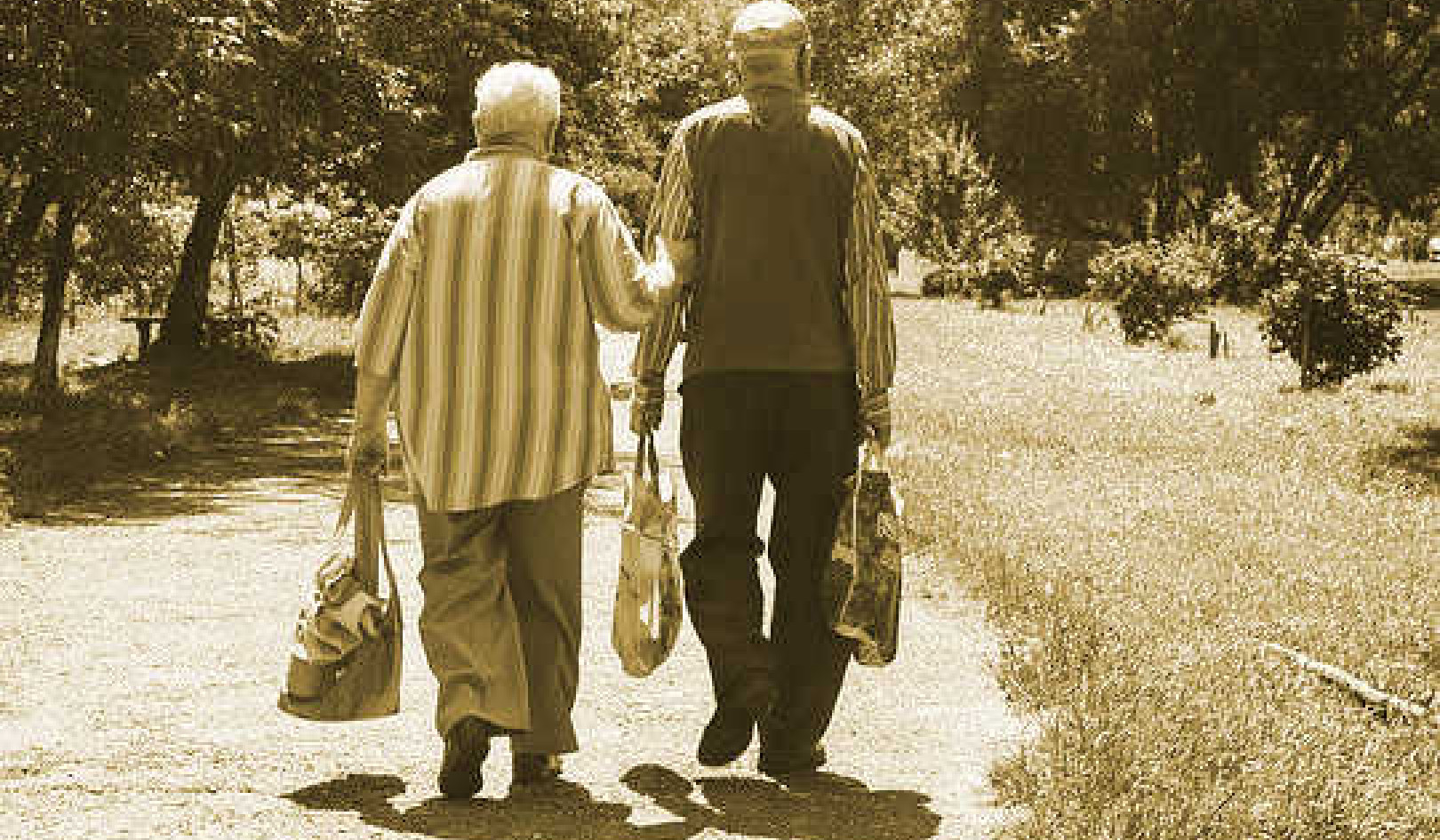
Bao Truong / Unsplash
Many of our economic and even social interactions are competitive. We use markets to find jobs, but also dates. What does this mean for our morals? Does capitalism give us the American dream, or American Psycho? Does the experience of competition keep us honest, or drive us towards cheating?
These profound questions preoccupied the minds of some of the great classical economists, who saw capitalism as rife with both good and bad moral influences. Adam Smith mostly focused on the good, whereas Karl Marx was admittedly less optimistic.
To test this question convincingly in the lab, our project coordinators invited dozens of behavioural scientists to contribute their own experimental designs, resulting in observations of more than 18,000 people in total.
Our results, published in Proceedings of the National Academy of Sciences, show that competitive interactions tend to make people’s behaviour slightly less moral – and offer some intriguing clues about why this might be so.
A difficult question to answer
We are not the first to take a scientific approach to the question of competition and morality. However, individual tests have delivered mixed results, possibly because of differences in the definitions and measures of morality used.
Some of the early results were provocative, such as a finding that people in competition were less likely to prevent the death of a mouse. However, these results were hard to replicate or interpret.
One way to account for differences in the design of individual studies is to conduct a “meta-analysis”, evaluating and combining the results of many different studies. However, meta-analysis often has troubles of its own, as selective reporting and publication bias can influence which studies are available to be included in the analysis.
What was different about our study
To really get some reliable results, we went a step further and carried out a “prospective meta-analysis”.
The “prospective” part means that all the studies to be included in the analysis were registered before they were done. This prevents cherry-picking of results, or bias in what kind of results are published.
Our project involved 45 different experiments carried out by teams around the world. Each team independently designed an experiment to test the effects of competition on morality.
The results of these studies, which involved observations of more than 18,123 individual participants, were then collated and analysed.
A small decline in morality (on average)
The meta-analysis revealed that competition has an overall negative effect on morality, but the effect is very small. (The effect is measured by a number called Cohen’s d. A value of 0.2 is considered a small effect, and the value we found was only 0.1.)
As expected, we also observed a substantial variation in the effects as measured by different experiments. Some were positive, some were negative, and the sizes of the effects also varied.
So despite the advantages of our new prospective meta-analysis, the jury is still out regarding the overall effect of competition on morality.
Perhaps the question is too general to answer properly without a particular context. The devil may be in the details.
Loss, not competition, to blame?
My team (one of the 45 involved in the meta-analysis) used a number-guessing game between two people as an instance of competition. This was followed by an individual game of honesty, which was our measure for the effects on morality.
This individual experiment resulted in a small negative overall effect of competition (d = –0.1) much like the meta-analysis, but it failed to reach statistical significance on its own.
However, exploratory analysis of our results revealed a potential breakthrough.
We found it was only the losers of the number-guessing game who became more dishonest, with a larger effect (d = –0.34). The winners of the competition stage, on the other hand, showed no change in their honesty behaviour.
These exploratory results – yet to be replicated – suggest a reason why competition does not affect morality much on average. Perhaps it is being disadvantaged in a competitive process that corrupts, not competition per se.![]()
About The Author
Ozan Isler, Research Fellow, School of Economics, The University of Queensland
This article is republished from The Conversation under a Creative Commons license. Read the original article.

Books Improving Attitude and Behavior from Amazon's Best Sellers list
"Atomic Habits: An Easy & Proven Way to Build Good Habits & Break Bad Ones"
by James Clear
In this book, James Clear presents a comprehensive guide to building good habits and breaking bad ones. The book includes practical advice and strategies for creating lasting behavior change, based on the latest research in psychology and neuroscience.
Click for more info or to order
"Unf*ck Your Brain: Using Science to Get Over Anxiety, Depression, Anger, Freak-Outs, and Triggers"
by Faith G. Harper, PhD, LPC-S, ACS, ACN
In this book, Dr. Faith Harper offers a guide to understanding and managing common emotional and behavioral issues, including anxiety, depression, and anger. The book includes information on the science behind these issues, as well as practical advice and exercises for coping and healing.
Click for more info or to order
"The Power of Habit: Why We Do What We Do in Life and Business"
by Charles Duhigg
In this book, Charles Duhigg explores the science of habit formation and how habits impact our lives, both personally and professionally. The book includes stories of individuals and organizations who have successfully changed their habits, as well as practical advice for creating lasting behavior change.
Click for more info or to order
"Tiny Habits: The Small Changes That Change Everything"
by BJ Fogg
In this book, BJ Fogg presents a guide to creating lasting behavior change through small, incremental habits. The book includes practical advice and strategies for identifying and implementing tiny habits that can lead to big changes over time.
Click for more info or to order
"The 5 AM Club: Own Your Morning, Elevate Your Life"
by Robin Sharma
In this book, Robin Sharma presents a guide to maximizing your productivity and potential by starting your day early. The book includes practical advice and strategies for creating a morning routine that supports your goals and values, as well as inspiring stories of individuals who have transformed their lives through early rising.






















